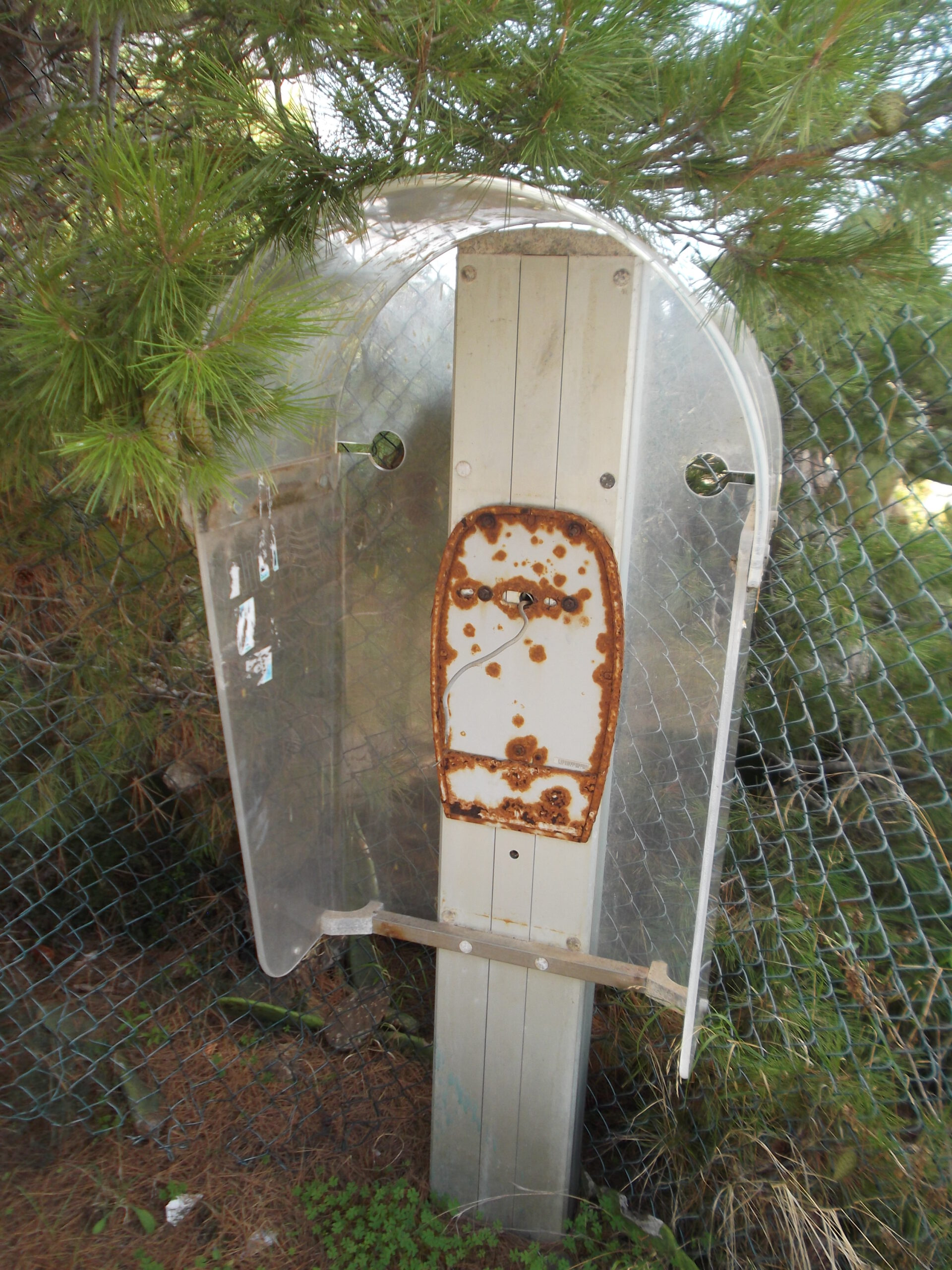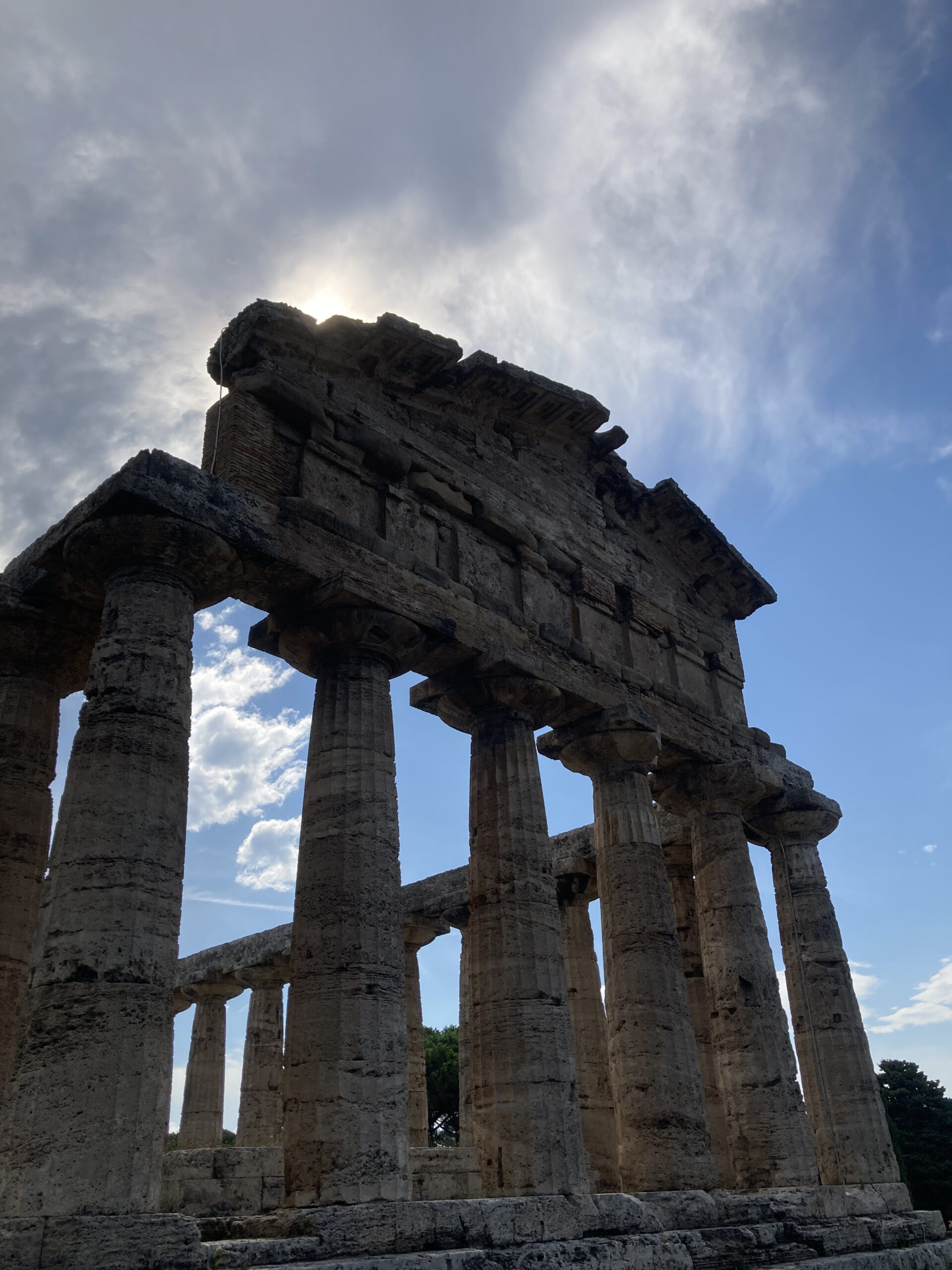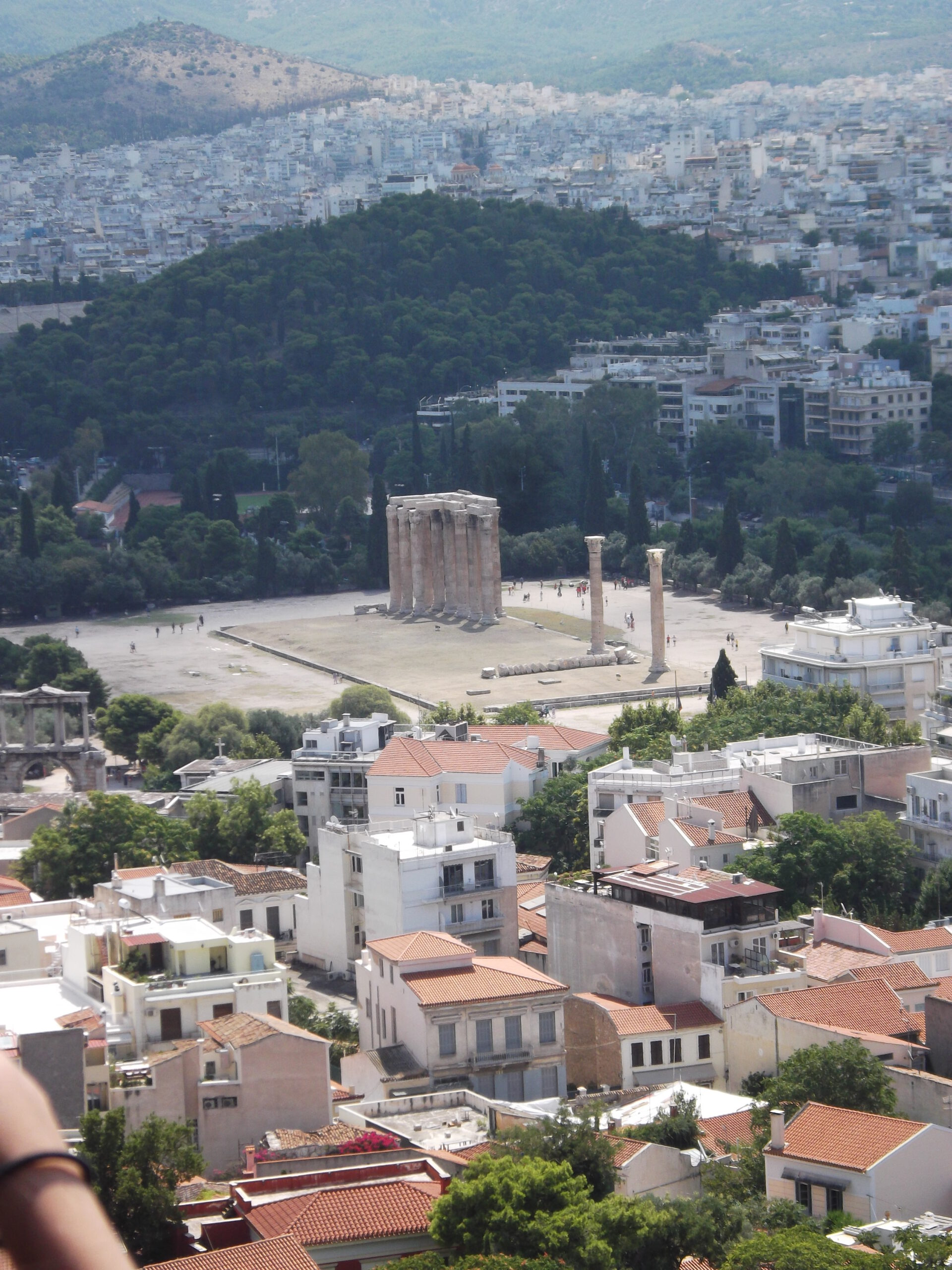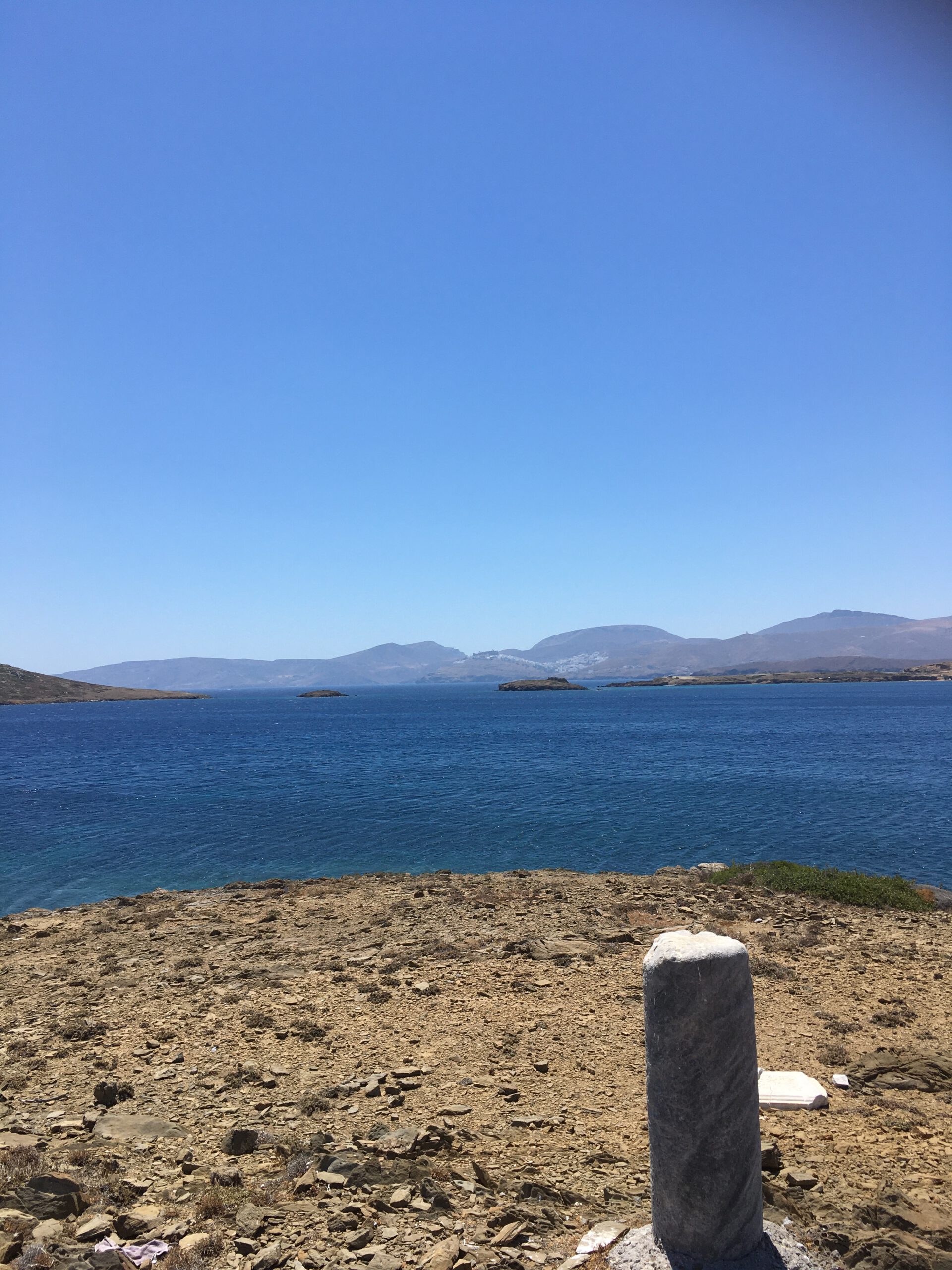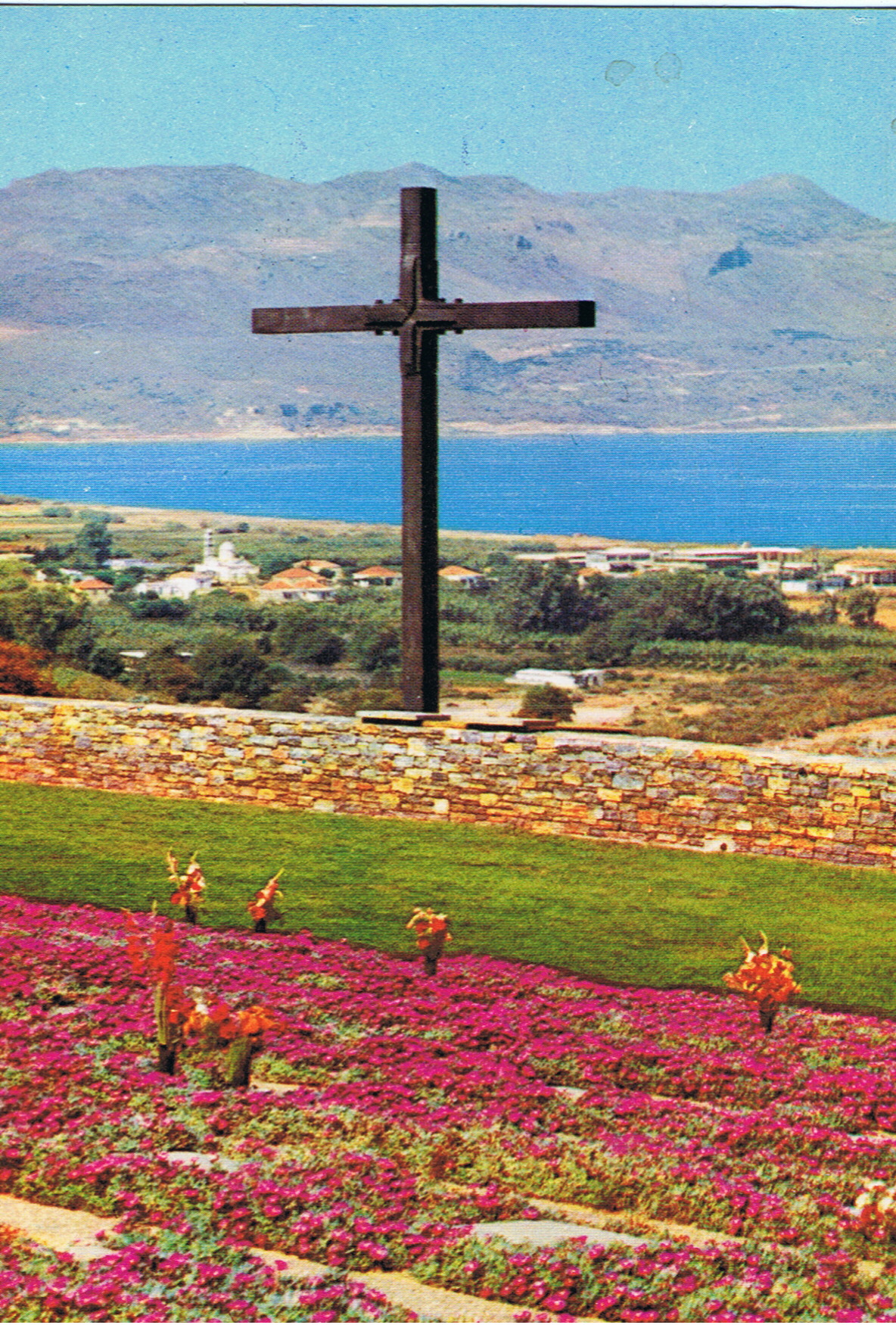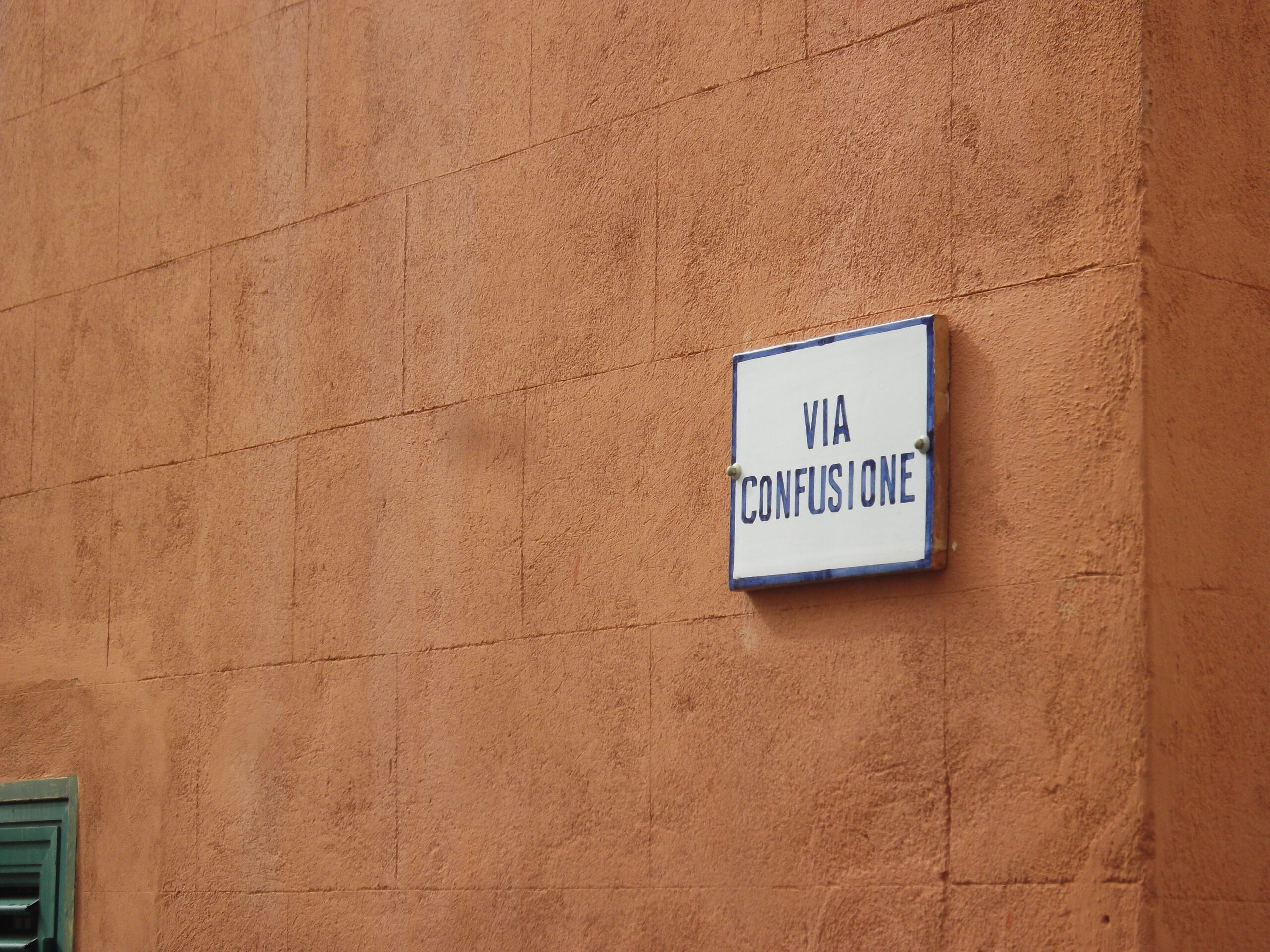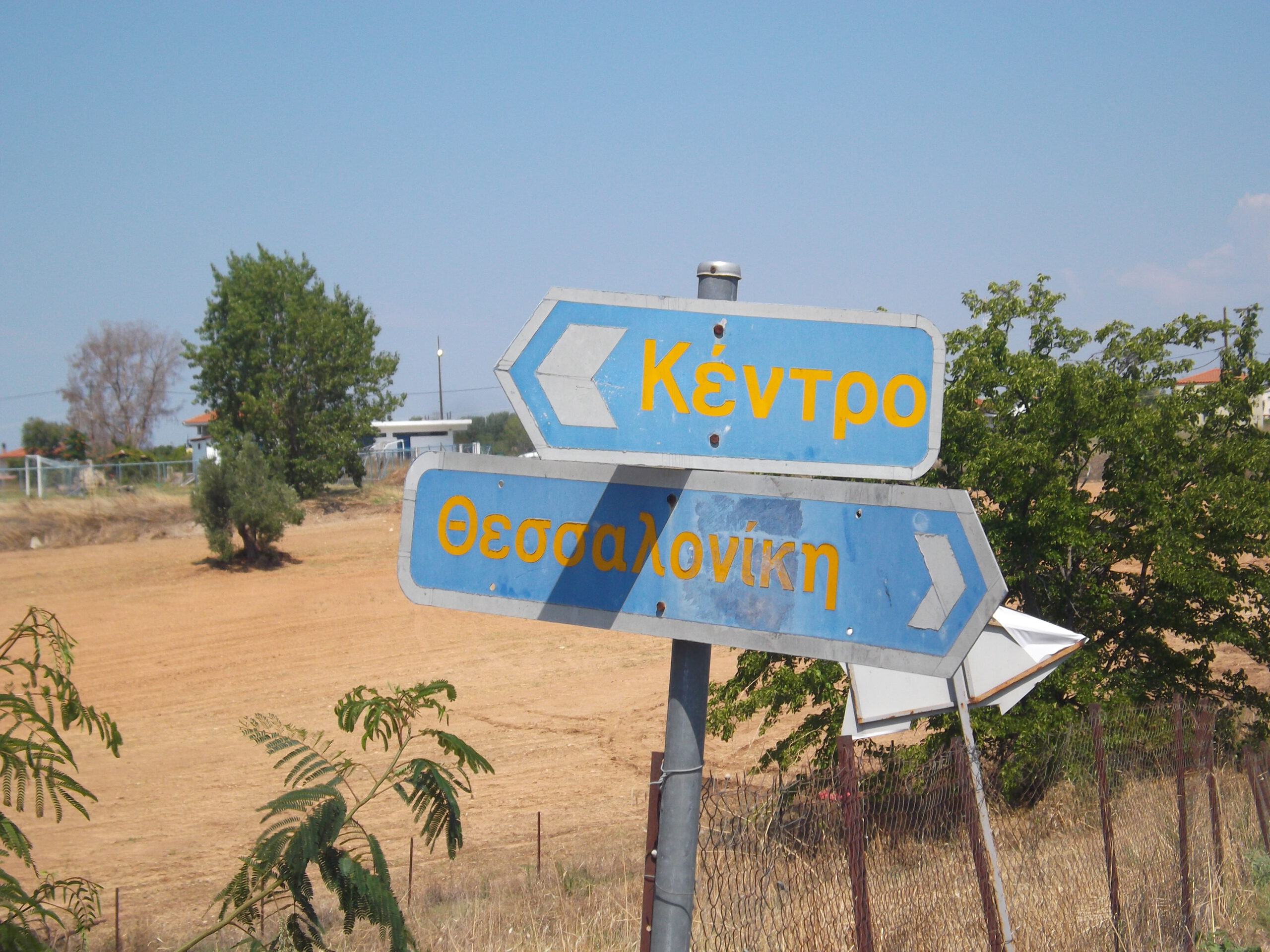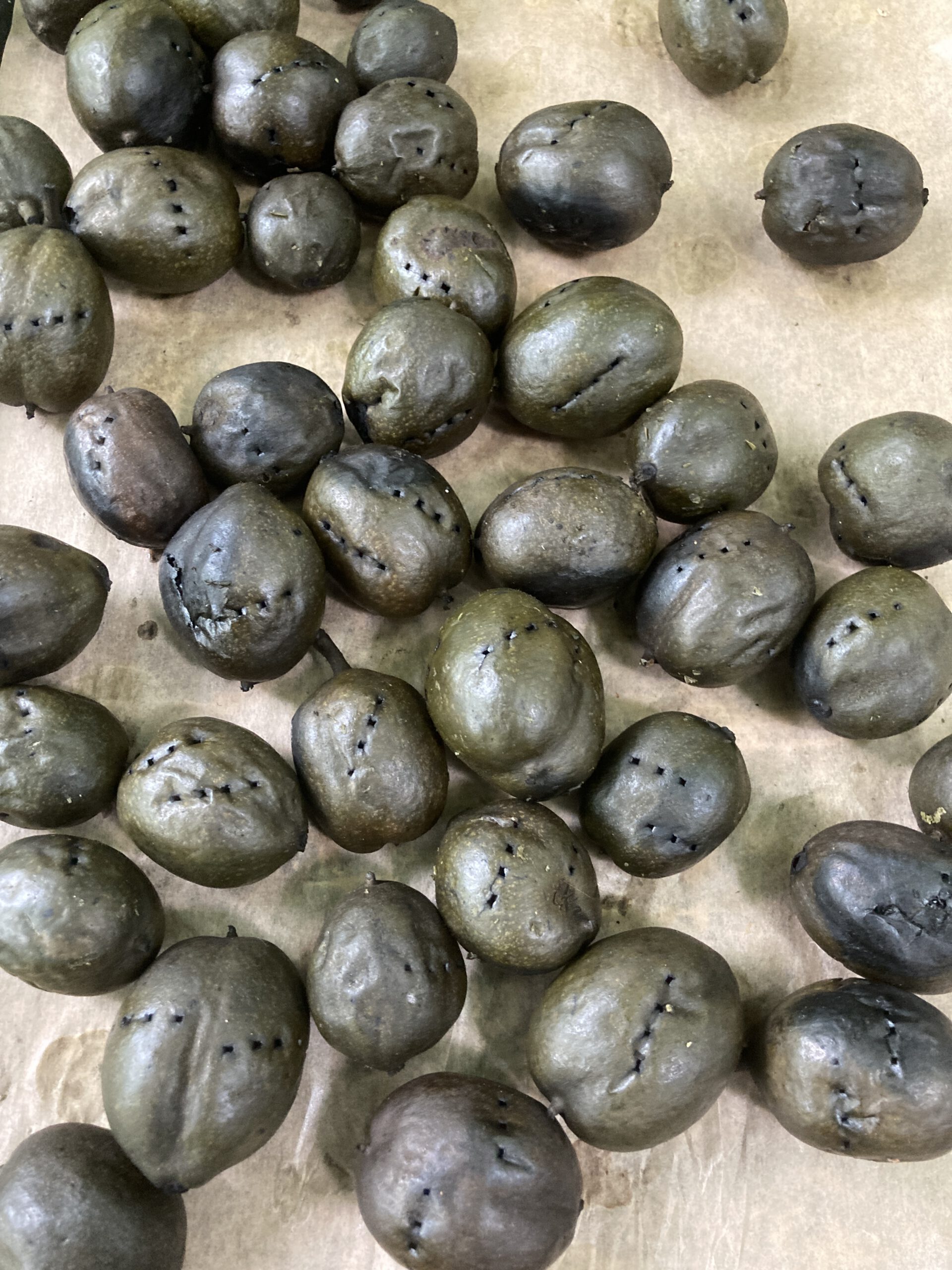Schlagwort: Quote
Quote of the Day – Hesiod über das Internet
„Weder wird der Eidestreue Achtung finden, noch der Gerechte, noch der Redliche, sondern eher werden sie Frevler und Gewaltmenschen ehren. Das Recht liegt in den Fäusten, Rücksicht wird es nicht geben. Der Schurke schädigt den Ehrenmann mit krummen Worten und schwört einen Meineid. Neid wird alle, die elenden Menschen begleiten, lärmend, hämisch, Haß im Blick. Dann nun verlassen Anstand und Ehrgefühl die Menschen…“
– Hesiod (Werke und Tage)
Quote of the Day
„The loss of one’s national or professional identity in the pursuit of a love affair with a foreign country is always a mistake, I believe. There is something phoney about ‚going native‘ anywhere in the world. Equally, of course, it is better not to amaze the inhabitants of another country with Bermuda shorts or a bowler hat, nor was I tempted to do so.“
– Peter Levi (The Hill of Kronos)
Quote of the Day
„Im Südgolf liegt ein Inselschwarm aus Rudistenkalk.“
– Ingeborg Lehman (Griechische Inseln 3 – Der Dodekanes, Kapitel Astypálaia)
Quote of the Day
„Soldaten sind Mörder.“
– Kurt Tucholsky
Quote of the Day
„‚Was bist Du für ein Esel!‘ rief da meine Mutter. ‚Dein Großvater war kein Sozialist wie alle anderen. Er war ein grosser Mann. Er konnte an den heiligen Joseph glauben und trotzdem Sozialist sein. Er hatte Verstand genug für tausend verschiedene Dinge. Und er war Sozialist, weil er etwas von Politik verstand. Aber er konnte dabei an den heiligen Joseph glauben. Er hat nie etwas gegen den heiligen Joseph gesagt'“
– Elio Vittorini (Gespräch in Sizilien)
Quote of the Day
„Wenn ein Mensch von Schatten umgeben ist, hilft es nicht besonders, sich ihretwegen ständig zu grämen. Wenn er kein anderes Interesse hat, als den Schatten zu zürnen, so ist kein Ende seiner Sorgen abzusehen. Doch wenn er, statt sich ob der umschlingenden Schatten zu ärgern und zu empören, die wichtige Aufgabe anpackt, sich selbst ins volle Sonnenlicht zu bringen, wird er entdecken, dass alle Schatten verschwunden sind.“
– Meher Baba (Darlegungen über das Leben in Liebe und Wahrheit)
Quote of the Day
If death was a thing that money could buy,
The rich would live, and the poor would die.
– Matthew Mahon (zugeschrieben)
Entdeckt in J. Sheridan Le Fanu (Sir Dominick’s Bargain).
